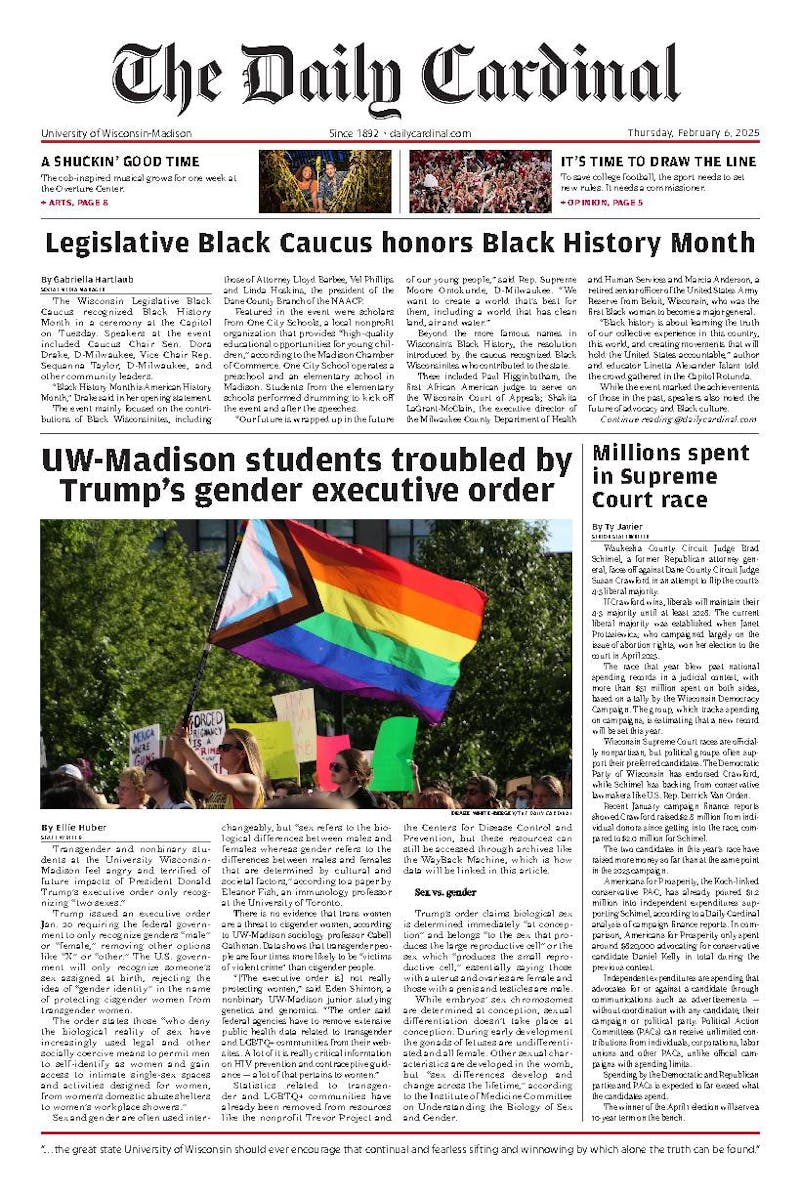A judge’s ruling Monday permanently suspended implementation of Wisconsin’s controversial law requiring voters to provide a valid form of identification before receiving a ballot.
Last week, another Dane County judge issued a temporary ban on the law. Monday’s ruling, however, is significant because it permanently suspends any implementation of the voter identification requirements.
Dane County Circuit Judge Richard Niess said in a written decision Monday the photo ID requirements supported by state Republicans are unconstitutional because they undermine the fundamental right of the people to vote.
“Act 23 goes beyond mere regulation of elections. Its photo ID requirements impermissibly eliminate the right of suffrage altogether for certain constitutionally qualified electors,” Niess wrote. “As just one example, an individual who has incontrovertible and even undisputed proof at the polls that he/she is a qualified elector under Article III, but lacks statutorily acceptable photo ID then or by the following Friday, may not vote under Act 23.”
Attorney General J.B. Van Hollen said the state Department of Justice would appeal the decision.
Republicans have maintained throughout the multiple lawsuits against the law that requiring a photo ID is constitutionally sound and will help combat voter fraud.
“Voter ID is a common sense & constitutional reform,” Gov. Scott Walker tweeted Monday. “Time for activist Dane Country judges to stop blocking law.”
UW-Madison Professor Barry Burden said that while Monday’s ruling is more permanent than the one made last week, challenges to Niess’ ruling will likely reach the state Supreme Court.
“I think we still have some weeks ahead of us where there are going to be legal decisions that push this in different directions,” Burden predicted.
While the law would have an impact on spring and summer elections, including recall elections, Burden said its influence would be particularly significant in the November general elections, which includes the presidential election.
“There you get a lot of new voters showing up that have not participated before, and the diversity of folks who participate is greater,” Burden said. “So the people most likely to be affected by the law are going to show up then.”





